Guilford Free Library Educational Series
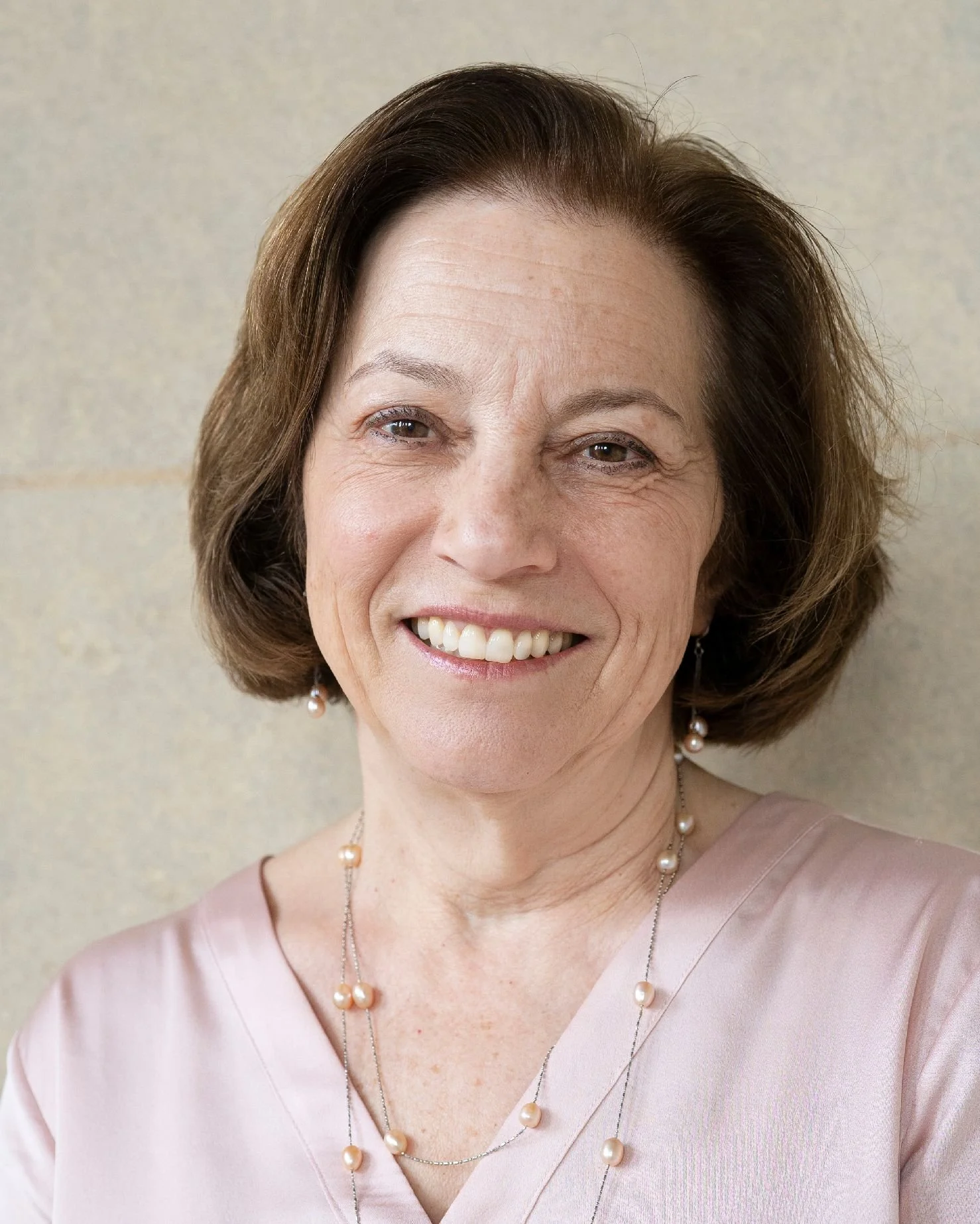
A Hudson Valley Reckoning
Join us for a talk by author Debra Bruno, who will tell us about her journey into the nearly forgotten history of Northern slavery and of the thousands of enslaved people brought in chains to Manhattan and the Hudson Valley.
Bruno grew up in New York’s Hudson Valley knowing little about her Dutch heritage, until a historian told her that her Dutch ancestors were almost certainly slaveholders. Shaken, and driven by this knowledge, Bruno began to unearth her family’s past.
In discussing her book A Hudson Valley Reckoning,* Bruno will share the story of white and Black lives impacted by the stain of slavery and its long legacy of racism, as she investigates the erasure of the uncomfortable truths about our family and national histories.

Abraham Baldwin, Slavery, and the Constitution
Born in North Guilford in 1754, Abraham Baldwin studied at Yale for the ministry and served as a chaplain during the Revolutionary War. After moving to Georgia and switching to a legal career, he became a delegate for Georgia at the Constitutional Convention in 1787 and played a crucial role there. He founded the University of Georgia and represented Georgia in the House and Senate until his death in 1807.
Glenn Falk talks about Baldwin’s less well-known role in perpetuating the institution of slavery. Falk is Professor of the Practice in Public Policy and Law at Trinity College in Hartford, where he teaches American legal history and other subjects. He is a graduate of Harvard College and Harvard Law School.

Connecticut’s Sweet Tooth
New London and the Thames River region was once the most important port of trade in all of British North America. At a time when sugar was king and trade with the West Indies island represented the pinnacle of Puritan economics, New London served as a hub for a dizzying array of goods that were collected via an intricate trade network and then shipped south to the Caribbean. Connecticut ships returned with their holds packed with sugar, molasses, and rum. What was the single most valuable item that the colony’s merchants shipped? Exactly how many chickens cackled their way to the islands? You’ll have to join us for the story of “Connecticut’s Sweet Tooth” to find out.
Matt Warshauer is a professor of history at Central Connecticut State University, where he received his bachelors in American Studies. Fascinated by what he calls “the American paradox,” the ever-challenging conundrum between the nation’s founding document and the difficulties of pursuing essential ideas of freedom, Warshauer pursued an MA and Ph.D. at Saint Louis University. He has spent the last 30 years exploring the great American experiment of self-government. The author of five books and countless articles and reviews, Warshauer has written extensively on Andrew Jackson, slavery and the Civil War, and, most recently, 9/11 and how the most important and devastating event of the 21st century has impacted the world in which we live. Creating and Failing the 9/11 Generation: The Real Story of September 11 was just released from Routledge Press. With a unique ability to draw in his audience, Warshauer guides listeners through the complexities of American political and constitutional history so that we can all think more clearly and gain a better understanding of our role as citizens.

African Americans in Connecticut
Join six time Emmy Award Winning filmmaker Karyl Evans who will screen her film “African Americans in Connecticut: Colonial Era to Civil War” narrated by Ozzie Davis. This film was the culmination of Ms. Evans’ work on African American history in the state after producing and directing “The Amistad Revolt” and “The Road to Freedom: Connecticut Freedom Trail” documentaries. She went on to make Part 2 in the series “African Americans in Connecticut: Civil War to Civil Rights” narrated by Ruby Dee. She is currently working on “Native Peoples of Connecticut.”

Constance Baker Motley: A Force for Equal Justice
Join us for a talk about the first Black woman to argue a case before the Supreme Court, and the first to serve as a federal judge. Constance Baker Motley was born in 1921 in New Haven. She graduated from Columbia Law School in 1946, and became an unsung civil rights hero. A prominent force for women’s equality and civil rights, the fierce attorney wrote the original complaint in the Brown v. Board of Education case. Her list of firsts continued well into her career; she was also the first Black woman to hold the position of state senator for New York.
Our speaker, Constance L. Royster, is Ms. Motley’s niece, and principal of Laurel Associates LLC. She is a recognized fundraising, education, non-profit, and organizational leader. Born and raised in New Haven, Ms. Royster is a Fellow of Jonathan Edwards College at Yale. She received her juris doctor from Rutgers University Law School and graduated with a B.A. cum laude from Yale University.

African American History Through Artifacts
Join Jeffrey Fletcher from The Ruby & Calvin Fletcher African American Museum, Connecticut’s first African American museum, for a discussion on the vast collection of artifacts dating from the Atlantic slave trade to the Jim Crow South.
The exhibit is a collection of artifacts which reflect decades of turbulent times for African Americans in the United States during the period of slavery and the Civil Rights movement. It provides an up-close and personal view of events we may have only read about in history books or seen in movies.
This program can be attended in-person, or virtually with a Zoom connection.

Descendant
Descendants of the enslaved Africans on an illegal ship that arrived in Alabama in 1860 seek justice and healing when the craft's remains are discovered.
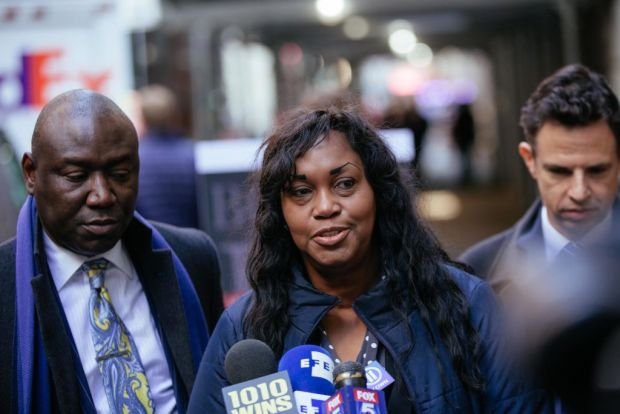
FREE RENTY: Lanier v. Harvard (2021)
“The question is, who owns the rights to the violence of the past? Is it the victim or the perpetrator? ”— Tamara Lanier
FREE RENTY tells the story of Tamara Lanier, an African American woman determined to force Harvard University to cede possession of daguerreotypes of her great-great-great grandfather, an enslaved man named Renty. The daguerreotypes were commissioned in 1850 by a Harvard professor to “prove” the superiority of the white race. The film focuses on Lanier and tracks her lawsuit against Harvard, and features attorney Benjamin Crump, author Ta-Nehisi Coates, and scholars Ariella Azoulay and Tina Campt.
Available at Guilford Free Library on DVD or via streaming on Kanopy

Survey of Connecticut Slave Laws 1643-1848
In this talk, Cornelia Bewersdorf will explain how Connecticut approached abolition through legislative regulation and how manumission laws discouraged masters from freeing their enslaved servants. Her research encompassed three centuries of laws and statutes, and her findings are organized into six categories: Fugitive Laws, Manumission Laws, Slave Codes, Gradual Abolition Laws, Slave Trade Limitation, and the Final Abolition in 1848.
Cornelia Bewersdorf is a trained German lawyer, a Guilford resident, and a member of the society Witness to History: Slavery in Guilford. She studied the laws of slavery in Connecticut during a Master class in American Legal History at UCONN law school.

Why Venture Smith’s Life Mattered
Please join us for a webinar with Dr. Nancy Steenburg, adjunct instructor in history at the University of Connecticut, Avery Point. Dr. Steenburg will discuss Venture Smith’s life as an enslaved person and how his life’s story and his pathway to freedom were both important examples for other enslaved people in the colony and the State of Connecticut and for white people who questioned the wisdom of abolishing slavery in the State.
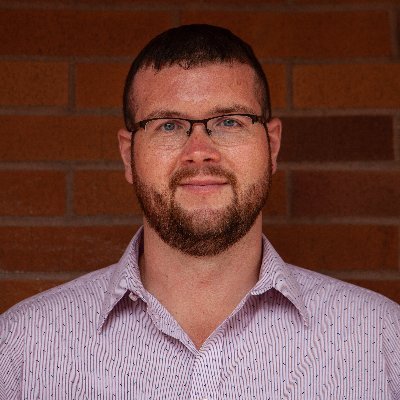
Black Lives, Native Lands, White Worlds: A History of Slavery in New England
In this talk, Jared Hardesty will discuss his book, Black Lives, Native Lands, White Worlds, focusing on how and why he wrote the book. He also will explore the lives of enslaved people in New England and larger issues such as the importance of slavery to the colonization of the region and to agriculture and industry, New England’s deep connections to Caribbean plantation societies, and the significance of emancipation movements in the era of the American Revolution.

Yale University & the Politics of Slavery
Anti-slavery wasn’t formalized on the Yale campus until sometime in the late 1850s, despite the fact that a few important abolitionists did have Yale connections.
In this talk, Bennett Parten will discuss the university’s relationship to slavery and abolitionism, and show how campus debate evolved in the lead-up to the Civil War.
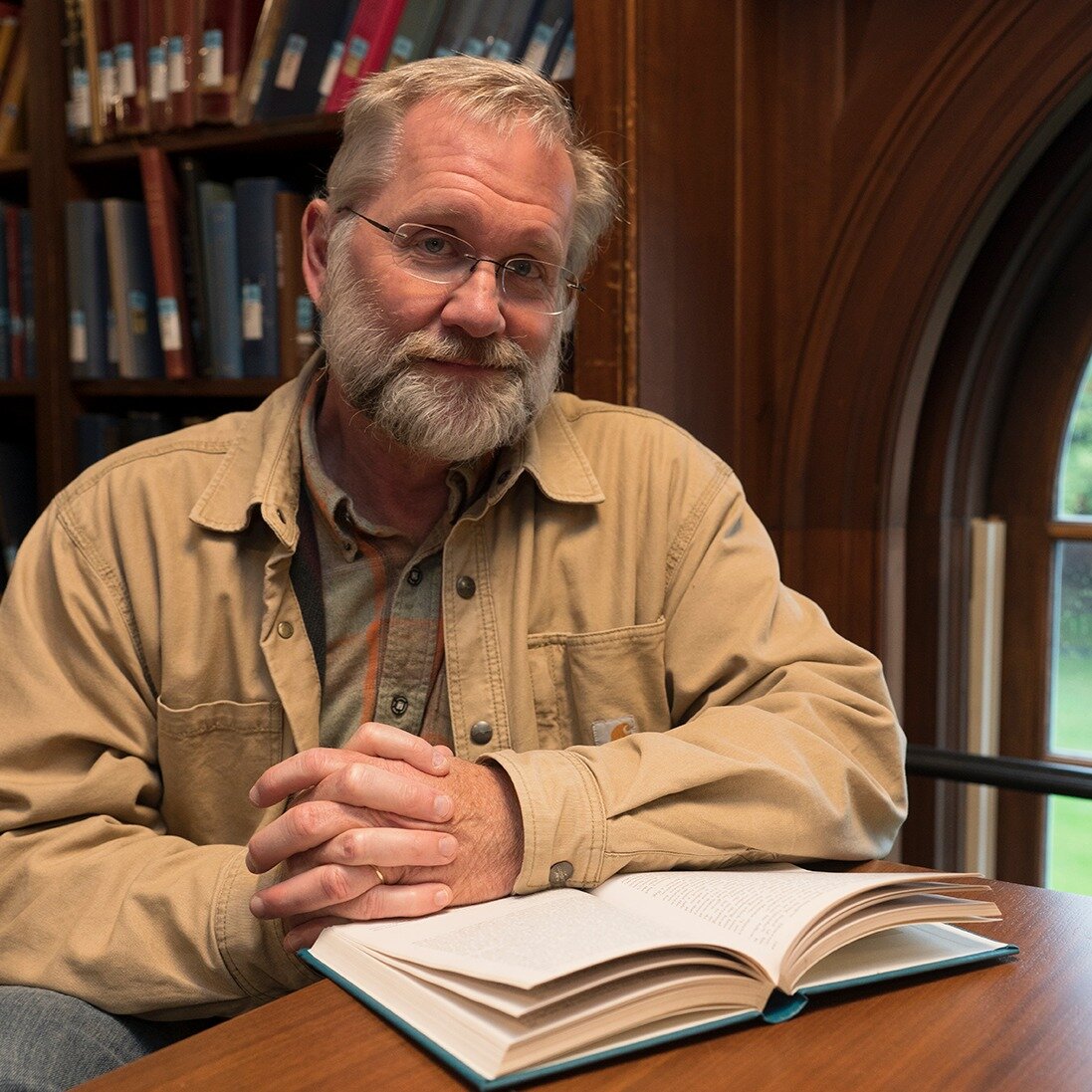
Religion, Race & Slavery in Colonial New England
Ken Minkema — Executive Editor of the Jonathan Edwards Center at Yale — will talk about how slavery was initially viewed as “ordained by the bible” and rationalized because of its “civilizing” and “Christianizing” effect on people from Africa. He will discuss how those views changed in one generation, as slavery became morally unacceptable and was deemed a sin. Emblematic of that change is the family of the Reverend Jonathan Edwards Sr., the fire-and- brimstone Puritan preacher and theologian who wrote “Sinners in the hands of an angry god.” Edwards Sr. possessed several slaves while his son, the Reverend Jonathan Edwards Jr., rejected the practice. As the younger Edwards lectured his parishioners, “You cannot sin at so cheap a rate as our fathers.” Times had changed.
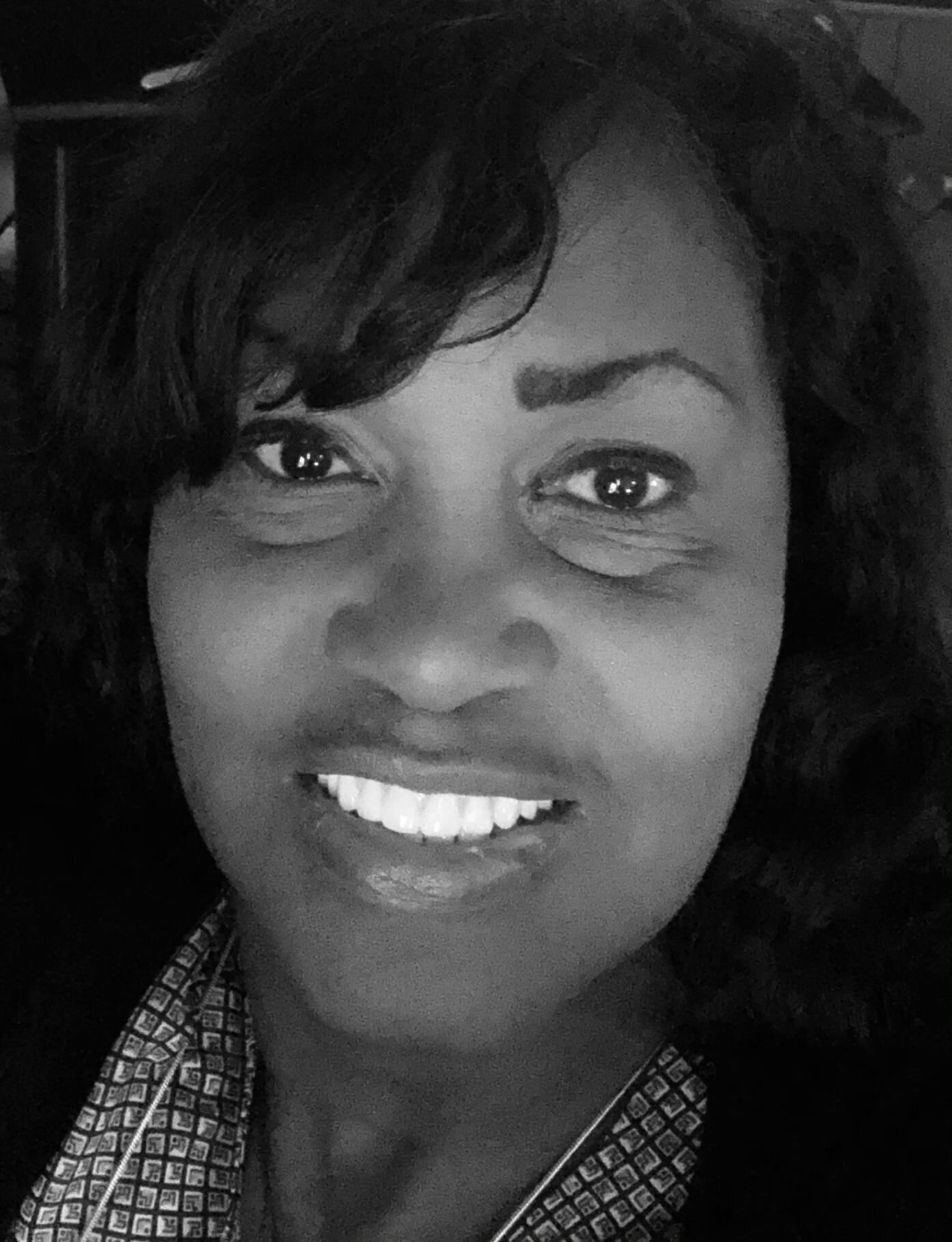
Oral History and the African American Experience
Hear Tamara Lanier explain how buying a salad at an ice cream store and a promise to her dying mother led to discovering that Harvard University possessed images of her enslaved great, great, great grandfather, Renty Taylor, and his daughter, Delia. Learn how oral history, research and luck led to that discovery and how that discovery has led to a landmark lawsuit against Harvard over who owns the record of past injustices and whether past injustices are relevant in determining ownership.

The Three Faces of Slavery in Connecticut
Robert Pierce Forbes, author of The Missouri Compromise and its Aftermath and editor of the forthcoming Thomas Jefferson’s Notes on the State of Virginia: An Annotated Edition talked about Connecticut’s deep connection to slavery: as a slaveholding colony and state, and more centrally, as a provisioner to the slave plantations in the West Indies and the American South. The landscape of slave-era Connecticut is still visible today, and nowhere more dramatically than in the salt marshes of Guilford. But Connecticut and Guilford also played a crucial role in the struggle to end the cruel institution—a legacy we can and should build on today.

Dr. Paul Freeman on Equity & Social Justice in Guilford Public Schools
The “Witness to History: Slavery in Guilford” Series co-hosted by the Guilford Free Library continued with a talk by Superintendent Paul Freeman on Equity & Social Justice in Guilford Public Schools.
Superintendent of Schools Paul Freeman discussed recent efforts focused on the Board of Education’s adopted initiative to ”further develop a culture, and instructional practices, that foster equity and social justice in our school community.” Work with students, teachers and school leaders was discussed.
Click here for the event’s recording.

How the Aftermath of the Civil War Helps Us Understand Trumpism with David W. Blight
David W. Blight, the Pulitzer-Prize winning historian and Yale Professor, spoke about “How the Aftermath of the Civil War Helps Us Understand Trumpism” in the first talk of a three-part Series sponsored by Witness to History: Slavery in Guilford. No historical event has left as deep an imprint on America’s collective memory as the Civil War. In the war’s aftermath, Americans had to embrace and cast off a traumatic past. Blight’s 2001 book “Race and Reunion: The Civil War in American Memory” explores the perilous path of remembering and forgetting, and reveals its tragic costs to race relations and America’s national reunion.
Click here for the event’s recording.
